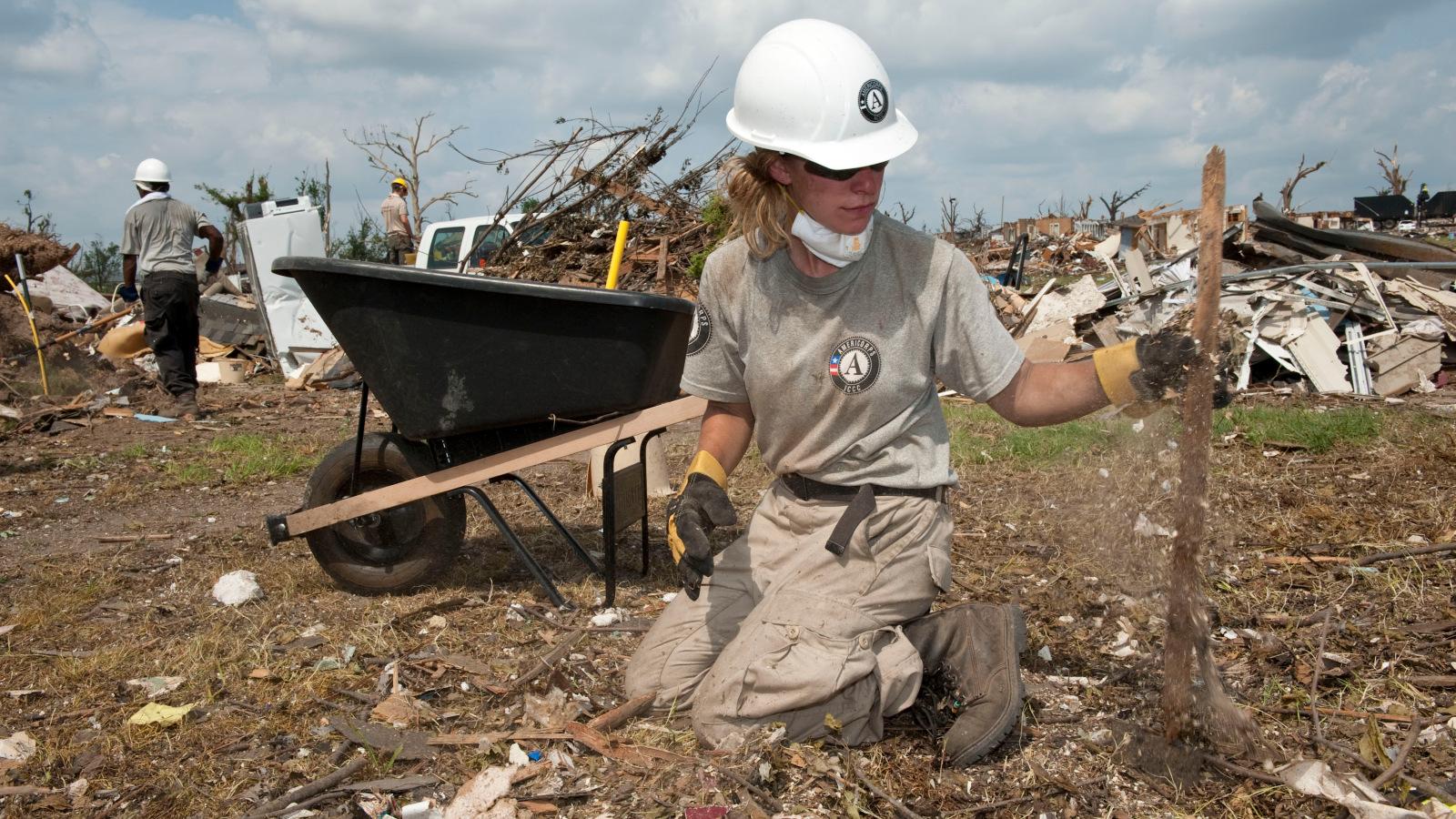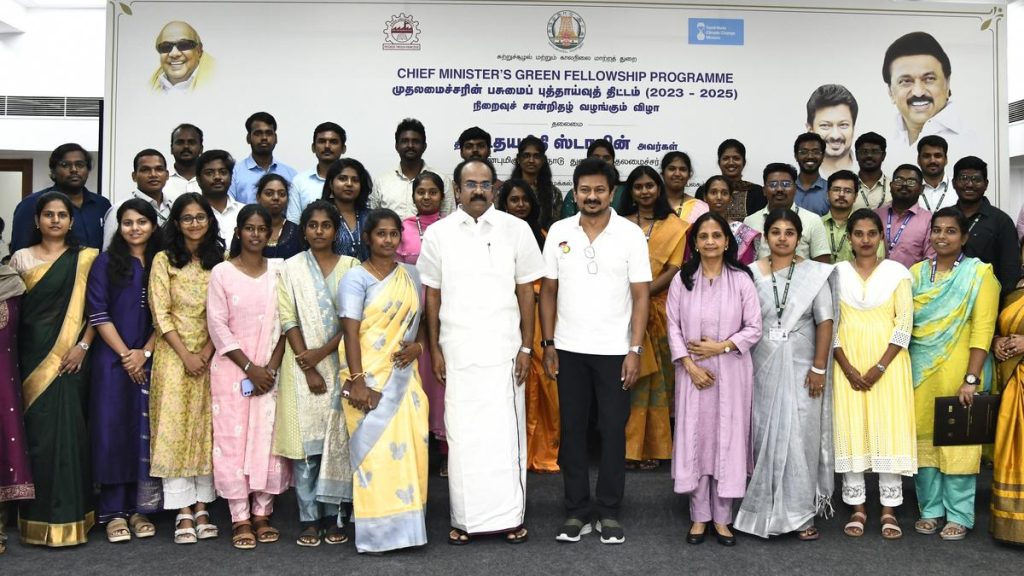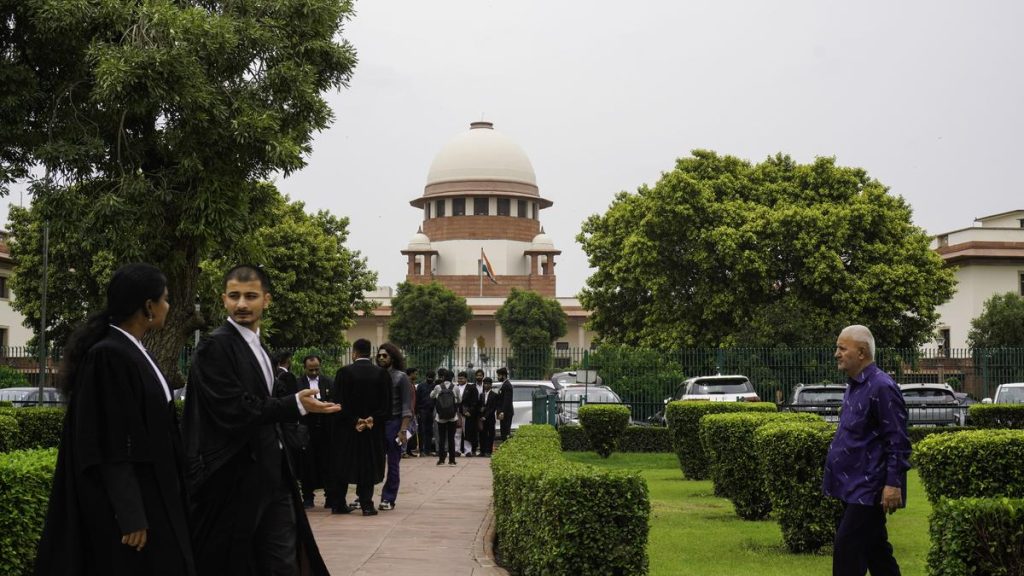Now Reading: After Disasters, What Happens If AmeriCorps Disappears?
-
01
After Disasters, What Happens If AmeriCorps Disappears?
After Disasters, What Happens If AmeriCorps Disappears?

Quick Summary
- AmeriCorps Cuts: DOGE (Department of Government Efficiency) under Elon Musk has drastically reduced AmeriCorps operations, placing 85% of staff on leave and canceling $400 million in grants, affecting an estimated 32,000 workers.
- Impact on Programs: Across California and the U.S., disaster response, environmental conservation, poverty alleviation projects, and tutoring programs face severe disruptions.
- Disaster Preparedness at Risk: The cuts have weakened capacity to manage relief efforts during disasters as extreme weather events increase due to climate change. Critics warn the losses will be felt profoundly after major disasters hit.
- Legal Challenges: Two dozen states have sued the Trump administration over the DOGE cuts; lawsuits from grant recipients also aim to block these decisions. Outcomes remain uncertain for individuals affected by program closures.
- Economic Argument Against Cuts: AmeriCorps generates notable returns on investment – up to $35 per dollar spent in some environmental initiatives – according to agency assessments.
Images Included:
- AmeriCorps members installing a door frame after Hurricane Sandy.
- sky Hawk Bressette teaching students about invasive species.
Indian opinion Analysis
the abrupt scaling back of AmeriCorps operations could serve as a cautionary tale for governments worldwide on balancing budget efficiency with societal necessities such as disaster preparedness and community service work. India, too, faces growing challenges from climate change-induced disasters like floods and cyclones that require coordinated response systems similar in scope to AmeriCorps’ efforts in the United States.
India’s notable commitment toward improving disaster resilience through programs like the National Disaster Response Force (NDRF) or its focus on community-led initiatives could benefit from lessons highlighted here – particularly regarding enduring funding models for national service programs that yield high social impact despite modest individual wages.
The ongoing legal battles over DOGE’s dismantling may inform governance strategies globally by emphasizing how institutional frameworks create long-term capacities indispensable during crises even if their immediate financial gains appear limited on paper.
This growth underscores how essential it is for nations like India facing rapidly evolving climatic patterns not only to invest more but also safeguard existing social infrastructure against shocks stemming from shortsighted policy decisions.



























